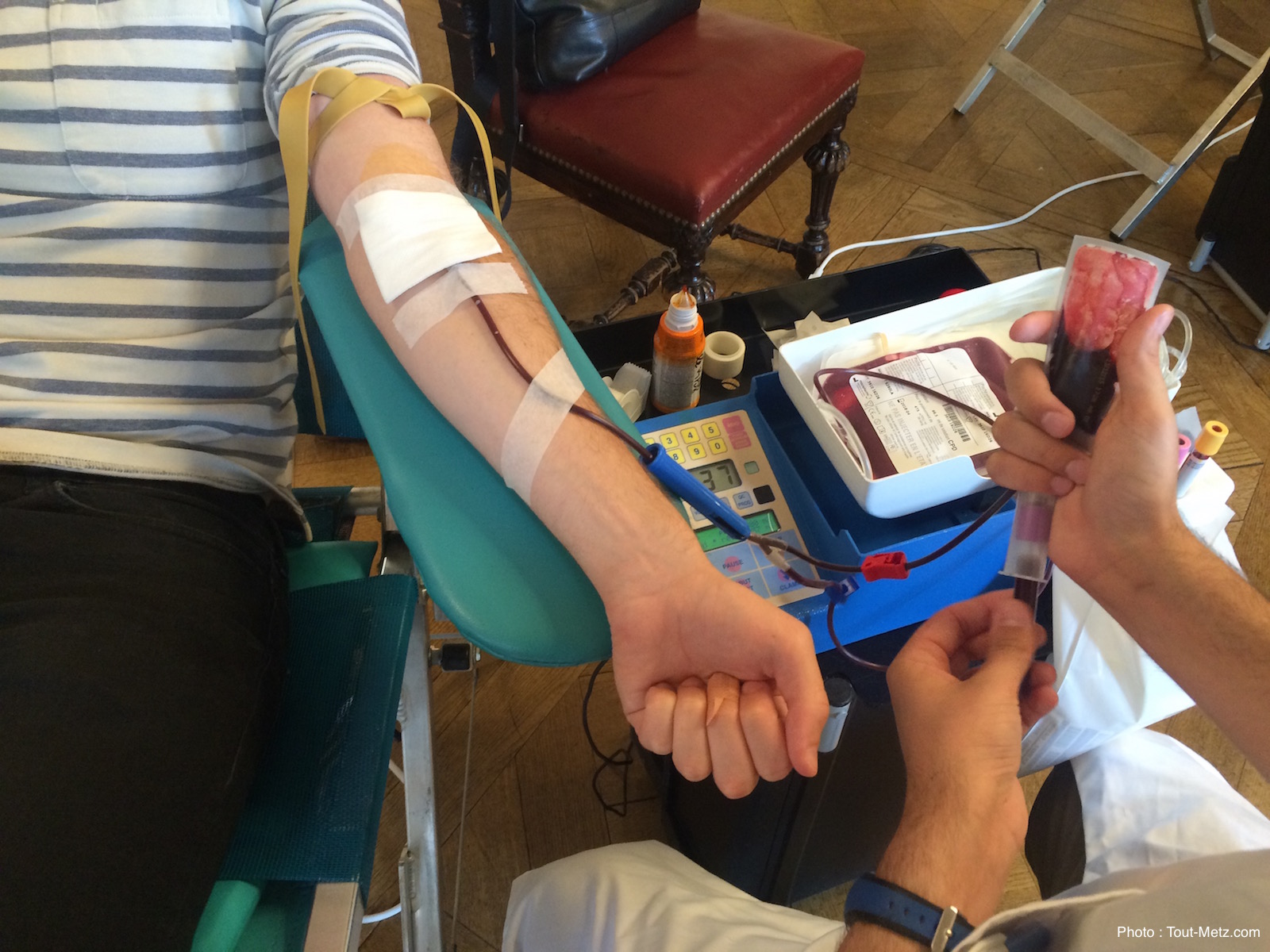Fraud is defined as “a person dishonestly and deliberately deceiving a victim for personal gain of property or money or causing loss or risk of loss to another” and data from the Crime Survey for England and Wales reveals there were an estimated 3.8 million incidents in the year ending March 2019.
In the vast majority of those cases (76%), the victim suffered a financial loss, and the evidence suggests that the number of incidents is actually rising – a worrying trend. Of course, we all want to be careful with our money and look after our finances, so what steps can you take to protect yourself against fraud? Here are a few basic tips to help ensure your hard-earned money does not find its way into the hands of the scammers.
Be wary of offers and deals
You know what they say – if something seems too good to be true, it’s because it probably is. If you’re suddenly contacted with a deal or promotion offering cash sums for seemingly no risk on your part, you ought to be suspicious. If in doubt, err on the side of caution and don’t commit to any schemes that might expose you.
Don’t send money to unknown sources
If you’re asked to transfer funds to an unfamiliar account or via an unusual method, that should set alarm bells ringing immediately. You should only ever do so if you completely trust the process you’re using – e.g. BACS payment – and are confident that you know who the other account belongs to. Bear in mind that banks will never ask you to confirm sensitive details such as your sort code or account number over the phone, so if that request is made of you then it’s likely a fraud attempt.
Use secure WiFi connections
If you’re accessing your bank details online, be careful to do so over secure WiFi connections only. Shared and public networks are much more vulnerable to being hacked, which makes them a popular target for thieves and fraudsters. In fact, your standard 3G, 4G or 5G network is typically safer than those that are public.
What should you do if you’ve already been scammed?
If you have already been the victim of fraud, there are a few simple steps you can take to minimise the damage. First of all you need to contact your bank to let them know what’s happened, so that they can halt any fraudulent activity and hopefully limit your financial losses. Often, your bank will be able to refund you for any money that has been stolen.
You should also report the scam to the authorities so that they can open a case and hopefully catch those responsible. And once the ordeal is over, it’s vital that you learn from your mistakes and tread more carefully in future so that you don’t have to go through such a distressing situation again.

